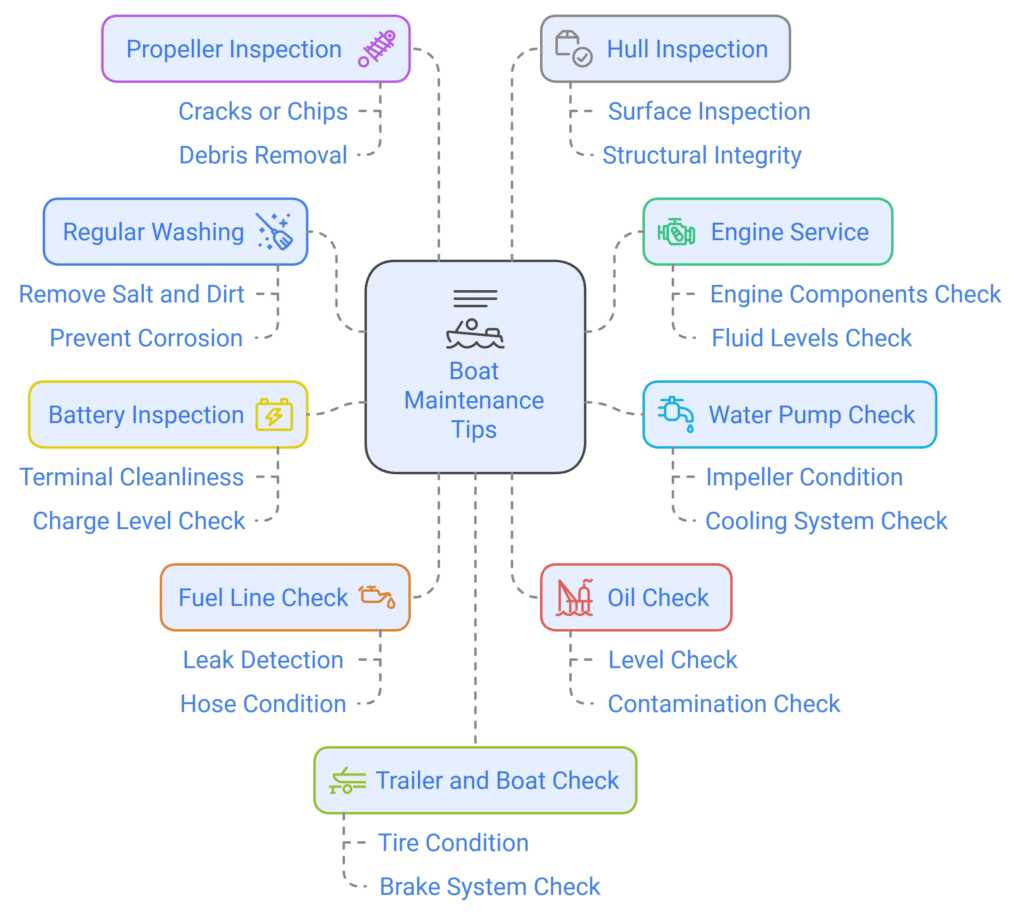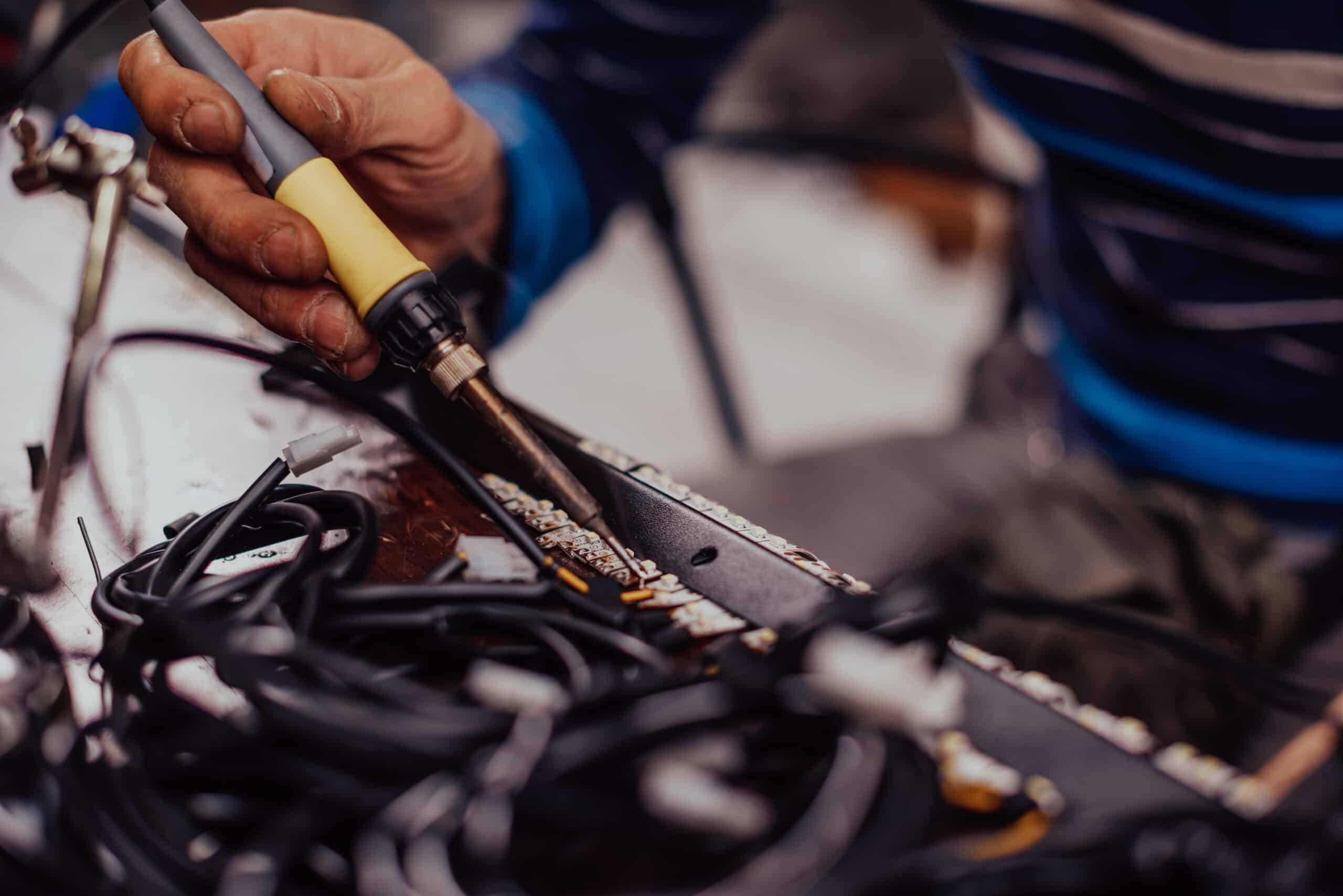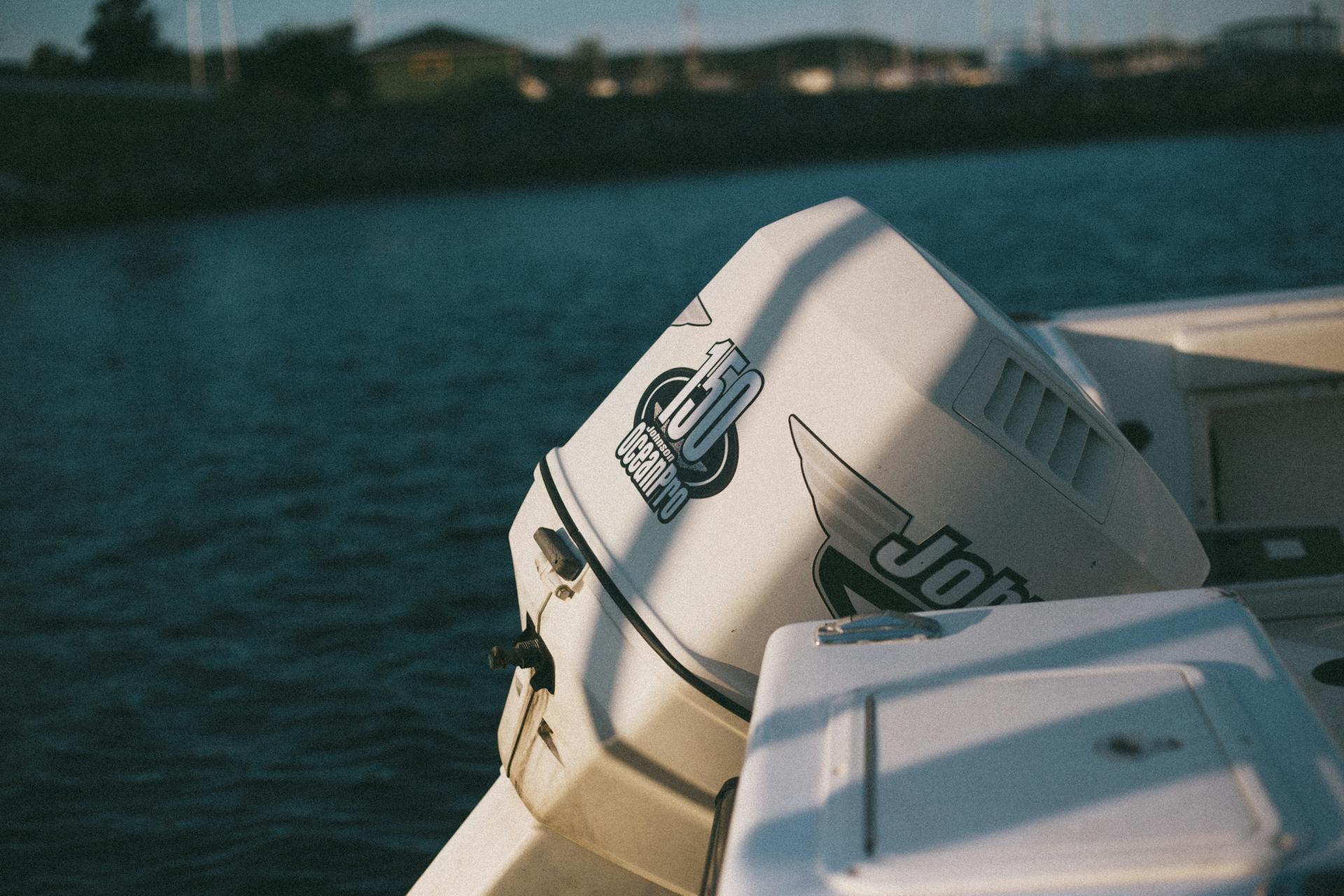A Guide to Boat Maintenance: Keep Your Boat Running Smoothly
Table of Contents

Taking care of your boat doesn’t have to be a hassle—it’s about forming the right habits and knowing when to bring in the professionals. With regular maintenance, you’ll not only extend your boat’s lifespan but also save money on repairs and ensure your adventures on the water go off without a hitch. This guide covers all the essential boat maintenance tasks, giving you a complete overview of how to keep your boat in top shape.
Why Regular Boat Maintenance is Important
Your boat is a significant investment, and regular upkeep ensures it stays in excellent condition. Whether you’re boating on fresh or saltwater, maintaining your vessel improves safety, reduces fuel costs, and prevents breakdowns. The key is to stay consistent with your maintenance schedule, whether it’s cleaning after every outing or getting the engine checked before each season.
- Increased efficiency: A well-maintained boat runs smoother and is more fuel-efficient.
- Avoid costly repairs: Regular maintenance can catch small issues before they become major (and expensive) problems.
- Enhanced safety: Ensuring your boat’s systems are functioning properly keeps you and your passengers safe.
Your Essential Boat Maintenance Checklist
Here’s a breakdown of what you should be checking and maintaining regularly:
- Battery: Check the charge and clean the terminals. Batteries lose their effectiveness over time, so keeping an eye on their health is crucial.
- Propeller: Remove the propeller regularly to inspect for damage. Fishing line or debris can wrap around it, potentially damaging the gearcase.
- Oil and Filters: Like cars, boats need oil changes to keep the engine running smoothly. Change your oil every 100 hours or at least once a year.
- Fuel Lines: Inspect for cracks or leaks and replace them if needed. Leaky fuel lines can cause major safety hazards.
- Steering and Electrical Systems: Test your steering wheel, lights, and any electronic systems before each outing to ensure everything is working correctly.

Cleaning Your Boat Properly
Keeping your boat clean goes beyond just appearances. Regular cleaning prevents the buildup of dirt, mold, and salt that can damage your boat’s finish.
Wash and Wax Regularly: Washing off dirt and saltwater after every trip is essential. Apply a coat of wax at least twice a year to protect the hull from UV damage and oxidation.
Use the Right Products: Avoid using household cleaners that can strip protective coatings. Marine-specific soaps and waxes are designed to be gentle yet effective on your boat’s exterior.
Clean the Canvas and Upholstery: Mold loves moist environments. Keep fabric and upholstery dry, clean, and free from mold by using mild soap and water. Store anything prone to moisture (like life jackets and ropes) in a dry area.
Rinse Your Boat After Saltwater Use: Saltwater is incredibly corrosive, so always rinse off your boat and its equipment with fresh water after every saltwater trip.
Engine Maintenance: The Heart of Your Boat
Whether you have an inboard or outboard motor, engine maintenance is a top priority. Here are a few key steps to ensure your engine keeps running like a dream:
- Flush After Every Use: If you’ve been in saltwater, flush the engine to remove salt, sand, and debris that could clog the cooling system. Use “earmuffs” on the water intake and run fresh water through the system.
- Check Fuel and Oil Levels: Make sure your engine has enough fuel and that the oil is topped off. Old oil can cause serious damage, so change it regularly.
- Inspect Hoses and Belts: Look for cracks, brittleness, or wear and tear. Replacing faulty hoses or belts can prevent breakdowns.
- Grease Moving Parts: Apply waterproof grease to essential moving parts to keep them running smoothly and prevent rust.

Seasonal Maintenance Tips
Boat maintenance isn’t just a summer task. Keeping your boat in good condition year-round means preparing it for the off-season and getting it ready when the weather warms up again.
Spring Prep: Before the season starts, inspect the hull for any damage, replace corroded anodes, and check all safety gear. This is also the perfect time for a thorough cleaning and waxing.
Winterization: If you’re storing your boat during the off-season, there are a few things to take care of:
- Drain the water from the engine and add antifreeze.
- Disconnect and store the battery in a cool, dry place.
- Cover the boat securely to keep out moisture but allow for air circulation to prevent mold.
Storage Solutions: Keeping Your Boat Safe in the Off-Season
Where and how you store your boat can make a big difference in its longevity.
- Indoor Storage: If possible, store your boat indoors to protect it from harsh weather conditions. A dry stack or garage is ideal.
- Outdoor Storage: If you must store your boat outside, invest in shrink-wrapping or a high-quality cover. Ensure the boat is stored at an angle to allow water to drain off.
- On-Water Storage: Boats stored on the water year-round will need extra care. Install a de-icer to prevent freezing, and regularly check the hull for barnacle buildup.
Troubleshooting Common Issues
Even with regular maintenance, issues can pop up. Here’s how to handle some common problems:
Low Battery: If your battery isn’t holding a charge, clean the terminals and check the water levels. If it’s still not working, it might be time for a replacement.
Propeller Issues: Damage to the propeller can affect fuel efficiency and performance. Look for any signs of wear, especially fishing line wrapped around the shaft. A damaged propeller may need to be repaired or replaced.
Overheating: Overheating is often caused by a blockage in the cooling system. If your engine starts to overheat, check for debris clogging the water intake or a faulty impeller.
Know When to Call the Pros
While many boat maintenance tasks can be handled at home, some repairs are best left to professionals. Major engine repairs, electrical problems, or hull damage are complex and may require expert attention. Most marinas or dealerships offer full-service maintenance packages to keep your boat in top condition year-round.
Boat Maintenance MISTAKES: What NOT to Do!
Final Thoughts: Make Boat Maintenance a Habit
The key to keeping your boat running smoothly is regular care and maintenance. By following these tips, you’ll avoid costly repairs, extend the life of your boat, and have a better time on the water. Whether it’s flushing the engine after each trip, waxing the hull, or simply drying off the boat, every little bit counts.

